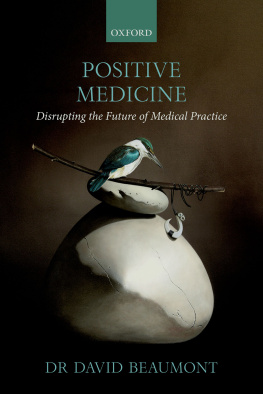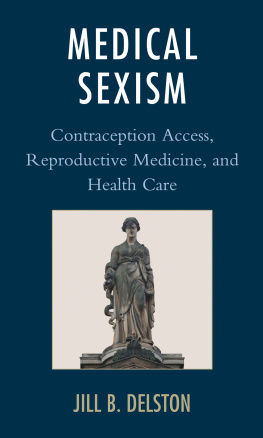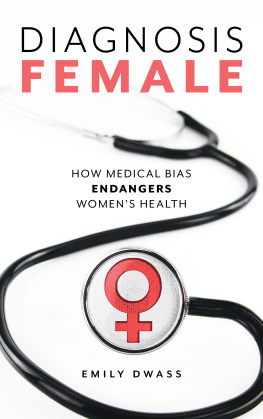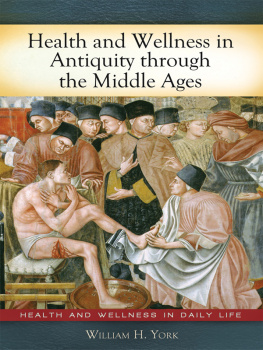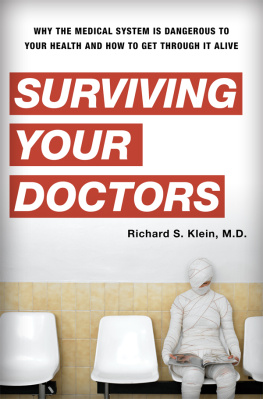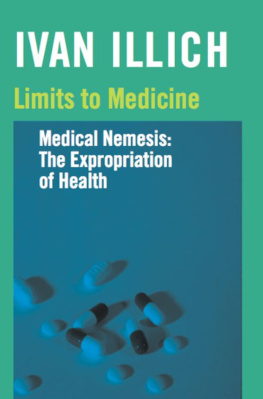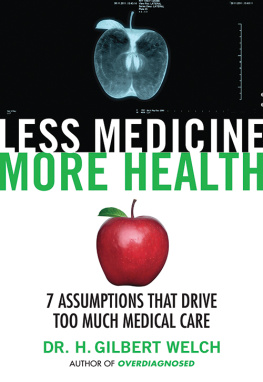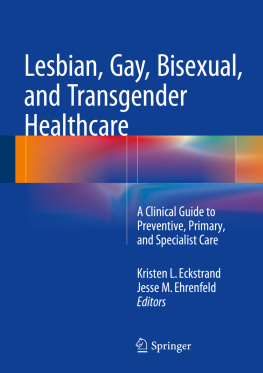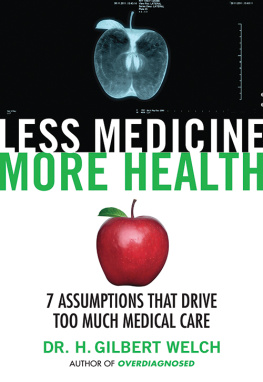Positive Medicine

Great Clarendon Street, Oxford, OX2 6DP,
United Kingdom
Oxford University Press is a department of the University of Oxford. It furthers the Universitys objective of excellence in research, scholarship, and education by publishing worldwide. Oxford is a registered trade mark of Oxford University Press in the UK and in certain other countries
Oxford University Press 2021
The moral rights of the author have been asserted
First Edition published in 2021
Impression: 1
All rights reserved. No part of this publication may be reproduced, stored in a retrieval system, or transmitted, in any form or by any means, without the prior permission in writing of Oxford University Press, or as expressly permitted by law, by licence or under terms agreed with the appropriate reprographics rights organization. Enquiries concerning reproduction outside the scope of the above should be sent to the Rights Department, Oxford University Press, at the address above
You must not circulate this work in any other form and you must impose this same condition on any acquirer
Published in the United States of America by Oxford University Press
198 Madison Avenue, New York, NY 10016, United States of America
British Library Cataloguing in Publication Data
Data available
Library of Congress Control Number: 2021936810
ISBN 9780192845184
eISBN 9780192659774
DOI: 10.1093/oso/9780192845184.001.0001
Oxford University Press makes no representation, express or implied, that the drug dosages in this book are correct. Readers must therefore always check the product information and clinical procedures with the most up-to-date published product information and data sheets provided by the manufacturers and the most recent codes of conduct and safety regulations. The authors and the publishers do not accept responsibility or legal liability for any errors in the text or for the misuse or misapplication of material in this work. Except where otherwise stated, drug dosages and recommendations are for the non-pregnant adult who is not breast-feeding
Links to third party websites are provided by Oxford in good faith and for information only. Oxford disclaims any responsibility for the materials contained in any third party website referenced in this work
Foreword
Positive Medicine travels along a narrow road that starts with a focus on illness and clinical interventions but leads to a wider highway where wellbeing and connectedness prevail. The journey traverses a tradition that religiously separated mind and body to a destination where mind and body become inextricably linked. Moreover, Positive Medicine affirms the wisdom of practising medicine in a setting where the patient is not separated from family or indeed from the social and cultural milieu that strengthens personal endurance.
In a system where human endeavours are fragmented into sectors and multiple disciplines, the essential nature of good health can be lost, and the brilliance of clinical wisdom can be lost to the less brilliant impacts from other external drivers that run counter to good health. Further, even when the most clearly visible determinants of healthdeterminants that can be quantifiedare part of the medical purview, there is a dimension that lies beyond conventional quantification. It is apparent that the mind and the body are better understood now than they were four or five decades ago, and the significance of natural, social, and economic environments for health are increasingly part of an assessment and treatment process. But the profession has yet to embrace the relevance, and even the existence, of a spiritual dimension. For some, a spiritual experience may be part of a faith-based encounter; for others, it may be found within cultural traditions, or by the demonstration of compassion, or during encounters with the land, sea, or sky. For many indigenous cultures, that is not a new message. Improving health and wellbeing has always recognized the spirit as a motivating force for health.
Positive Medicine brings these multiple elements together and, in the process, lays foundations for a medical approach that goes beyond conventional practice. Strengthening the body, expanding the mind, fostering positive relationships, and lifting the spirit will challenge doctors to increase accustomed dimensions of practice. That will also require balancing medical science with other systems of knowledge such as indigenous knowledgemtauranga Mori. It is never a question of one being right and the other wrong. Rather, it is about being ready to explore both and to know when one or the other will be better able to advance wellbeing.
Positive Medicine is a personal account of a journey that has inspired Dr Beaumont to go beyond the clinic and to enter the wider world of patients where mind, body, family, and spirit coexist. It is a journey that has relevance for all New Zealanders, if not for the wider world.
Titiro ki te pae tawhiti, te whitinga o te r, te puwaitanga o te mauri.
Look towards the distant horizon, the rising of the sun, and the flourishing of the people.
Mason Durie KNZM
Preface
When Ivan Illich published Medical Nemesis in 1974, he offered a withering critique of the medical profession and the medical model. The medical establishment has become a major threat to health. Nearly half a century has elapsed since then, and things have got much worse.
In the healthcare systems of the UK, New Zealand, and Australia, a person might get an annual review with a doctor to check their blood pressure, blood sugar, and cholesterol, and perhaps obtain some lifestyle advice, but there is no time for any more. Health in this context has a limited and very physical perspective. Having been a general practitioner (GP) in these systems, I understand the constraints of the 10-minute appointment.
In the UK, where healthcare is free at the point of contact, the system is so strained that the rule is often one problem per consultation. Disease management takes precedence over disease prevention, and a wider perspective on health and wellbeing is largely absent.
In the UK, only 5 per cent of the health budget is spent on prevention.
But doctors want to practise differently. In 2019, the Royal College of General Practitioners conducted its largest-ever consultation of doctors and patients to develop a vision for the future of general practice. They learned that general practice is under huge strain, causing dissatisfaction among GPs and patients alike. GPs believe that the quality of patient care is suffering. At least once a month, one-third of GPs consider leaving the profession. Patients are being referred to secondary care simply because primary care cannot cope.
My aim in writing this book is to take up Illichs challenge, to understand the limitations of the medical model in which I was trained, and to propose a better approach. Back in the 1970s, Illichs book was seen as sensationalized and confrontational. It was the heyday of medical science. Medicine, and the power of doctors, were in the ascendant. But Illichs voice has finally been joined by others. One such is Seamus OMahony, the author of Can Medicine be Cured? (2019), a book that Richard Smith, a former editor of The BMJ, described as the most devastating critique of modern medicine since Ivan Illich. Another is Sir Harry Burns, Professor of Global Health at Strathclyde University in Glasgow and former Chief Medical Officer for Scotland, who gave a talk to the Royal Australasian College of Physicians (RACP) Congress in 2016 called How doctors can change the world. A third is Adam Kay in the book

